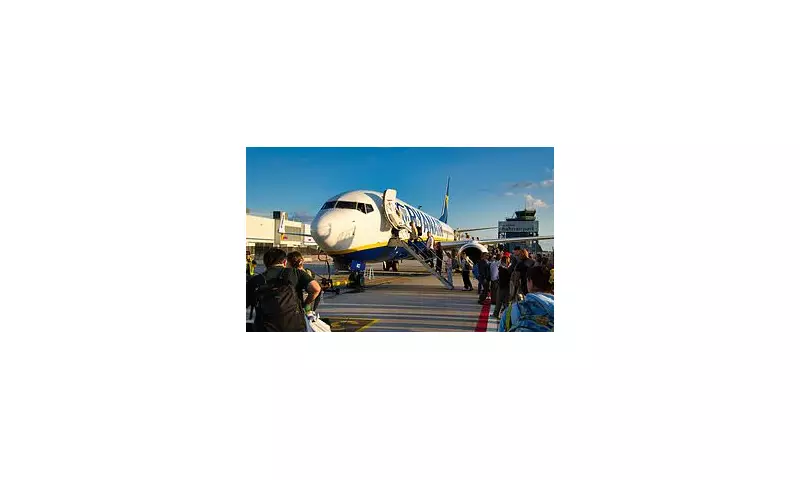
A British holidaymaker's Italian getaway descended into chaos and financial ruin after Ryanair enforced their strict boarding policy with what the passenger describes as "brutal precision," refusing him entry to the aircraft for being mere seconds late to the gate.
The Fateful Sixty Seconds
John, who had invested over £600 in his trip to Trieste, found himself in a devastating standoff with Ryanair staff at London Stansted. Despite arriving at the gate area well before departure time, he was halted from boarding when the gate closed exactly 60 seconds before he reached the desk.
"I was there, I could see the plane, the bridge was still attached, but they treated me as if I'd arrived hours late," the frustrated traveller recounted. "The clock had literally just ticked over, and that was it - my holiday was destroyed."
The Cost of Punctuality
The consequences were severe and immediate:
- Complete loss of his £600 investment in flights and accommodation
- No alternative flights offered without additional payment
- Extended wait at the airport while his luggage was retrieved
- Complete disruption of travel plans and holiday arrangements
Ryanair's official stance remains unwavering. A spokesperson emphasised: "Punctual departure is essential for Ryanair to maintain our industry-leading on-time performance. Gates close strictly 20 minutes before departure to ensure timely departures for all passengers."
Passenger Rights vs Airline Policies
The incident raises crucial questions about where passenger compassion ends and operational efficiency begins. While airlines argue that strict policies benefit the majority of travellers who arrive on time, passengers like John feel trapped by what they perceive as inflexible and punitive measures.
Travel expert Miranda Hopkins commented: "This case highlights the delicate balance airlines must strike. While operational efficiency is crucial, there's growing concern about whether zero-tolerance policies adequately consider genuine passenger circumstances."
Lessons for Future Travellers
For those looking to avoid similar travel disasters:
- Arrive at the gate significantly earlier than the minimum required time
- Account for airport navigation time - larger airports require substantial walking time between areas
- Monitor gate information closely as changes can occur with little notice
- Understand airline policies thoroughly before booking and travelling
The incident serves as a stark reminder that in modern air travel, timing isn't just important - it can be the difference between a dream holiday and a financial nightmare.





